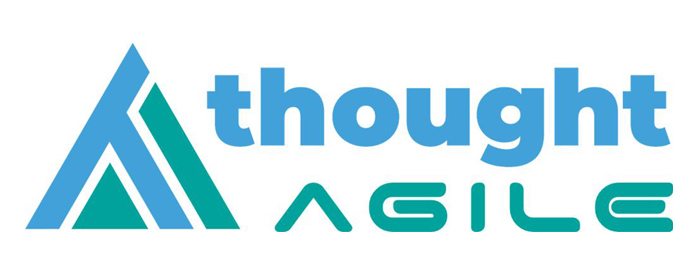Course Overview
AgilePM®, grounded in the Agile Project Framework, stands at the forefront of the world's guidance and certification for agile project management. This course provides a practical and repeatable methodology that achieves an ideal balance between the standards, rigour, and visibility required for effective project management, and the agility, change, and empowerment supplied by agile methods.
Pricing Details
AgilePM Foundation
Feb
05
Mon
Feb
06
Tue
Feb
07
Wed
Feb
08
Thu
£1395 /Only
AgilePM Foundation
Mar
04
Mon
Mar
05
Tue
Mar
06
Wed
Mar
07
Thu
£1395 /Only
AgilePM Foundation
Apr
08
Mon
Apr
09
Tue
Apr
10
Wed
Apr
11
Thu
£1395 /Only
AgilePM Foundation
May
07
Tue
May
08
Wed
May
09
Thu
May
10
Fri
£1395 /Only
AgilePM Foundation
Jun
03
Mon
Jun
04
Tue
Jun
05
Wed
Jun
06
Thu
£1395 /Only

Course offers
- Foundations for successful Agile projects.
- Management principles for Agile projects.
- Comparison of different management styles for successful Agile projects versus ‘traditional’ projects.
- Preparation for the AgilePM® Foundation exam.
- Integration with PRINCE2®.
The course concludes with a 40 min, multiple-choice exam leading to the AgilePM® Foundation certificate.
Course Pre-requisites
There are no prerequisites for this course other than English at ‘Business Level’.

Syllabus
- The philosophy and principles underpinning Agile.
- Agile project lifecycle, including alternative configurations.
- Artefacts produced during an Agile project.
- Tools and techniques employed in Agile such as Facilitated Workshops, MoSCoW prioritisation, modelling, prototyping, timeboxing, and iterative development.
- Roles and responsibilities within an Agile project..
Course Duration
The course runs over two non-residential days, either in-person or virtually.

Course Method
This course presents a balance of theory and practical experience with:
- Real-world case studies and scenarios.
- Practical exercises to transform theoretical concepts into practical knowledge.
- Engaging classroom activities.
- Interactive, experiential learning.
- Comprehensive, frequently updated study materials.
The course takes place over two non-residential days, concluding with the Agile Project Management Foundation exam.
Audience
The training is ideal for the following people:
- Practicing project managers
- Team members who are looking to become agile project managers
- Individuals who are pursuing the AgilePM Practitioner certificate.
Project managers who want to broaden their knowledge of traditional approaches and operate in a dynamic, fast-paced environment will find the course valuable. It’s also suitable for Agile team members aiming to become Agile project managers.
Pre-course study of around 5 hours is required. Additional study is also needed between training days. The Practitioner exam can only be attempted after passing the Foundation exam.

Certification and Assessment
Delegates are invited to sit for an online exam at the end of the course:
- Multiple-choice format.
- 50 questions.
- 50% pass mark.
- 40-minute duration.
- Closed-book examination.
Upon successful completion of this course, and the associated exam, participants will be awarded the APMG AgilePM Foundation certificate.
Learning Outcomes
By the end of the course, participants will:
Benefits for Your Organisation
Your organisation can expect to:

